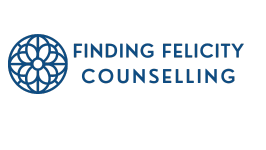Written by Tracy Shirvill
Over the past week events have been held around Australia and overseas as part of the annual Dying to Know campaign. Dying to Know was started by the Groundswell Project and aims to support Australians to live and die well by improving death literacy, end-of-life planning, and encouraging conversations around death, dying and bereavement.
Talking about death, dying and our feelings around these life experiences can be uncomfortable. The Groundswell Project[1] found that nearly a quarter of Australians are uncomfortable talking about end-of-life planning even though almost half of us believe that doing so would reduce the mental burden on loved ones. If you have ever had to make funeral arrangements or finalise an estate without the appropriate legal documents in place you will know how stressful it can be. In addition to that stress, bereavement can be taxing on our health and relationships.
At times our level of willingness to talk about death and dying is influenced by what we observed in childhood. When death and bereavement are hidden, or expressed in dysfunctional ways, we may learn to not reach out to others, or we may develop unhealthy coping skills. Often our avoidance of these conversations comes from a place of love. We don’t want people to worry about us, or we want to take away their pain. When we finally do begin to talk about death and dying it can bring up unresolved feelings of grief, bereavement, regret, anger, or shame. However, creating a family culture where death positive conversations take place can create channels of trust and communication which will carry throughout our lives.
Talking about death and dying is ultimately a conversation about living well. Talking to a counsellor can help you to understand the feelings that arise, to explore what your values and beliefs are around death, dying and bereavement, and help you to find ways to live a fulfilling life.







